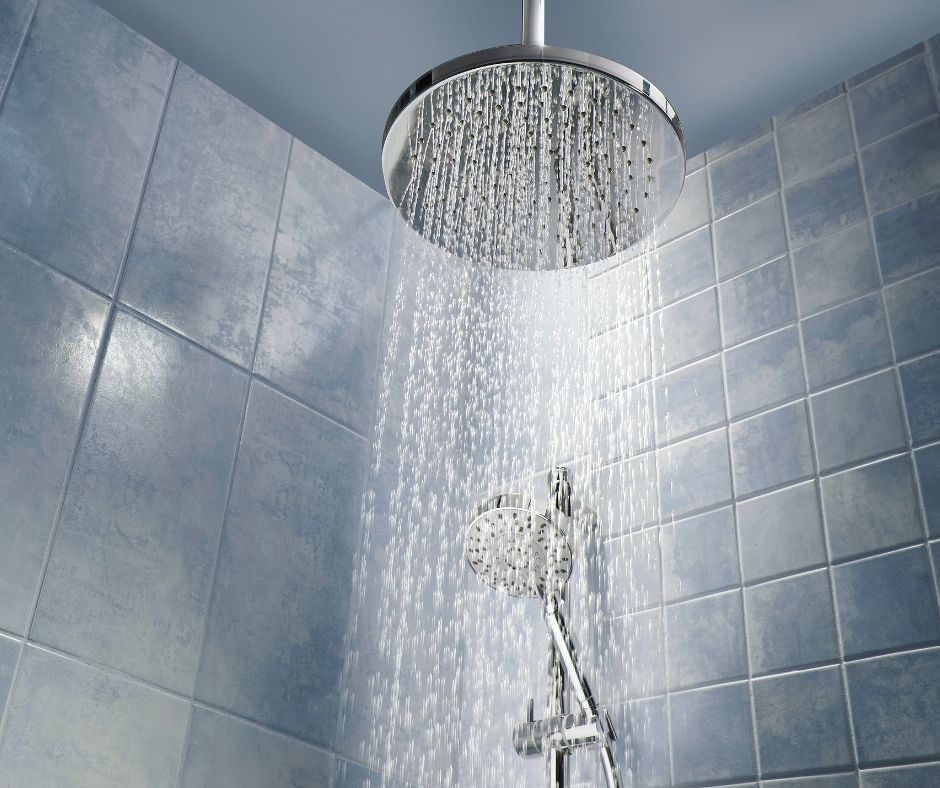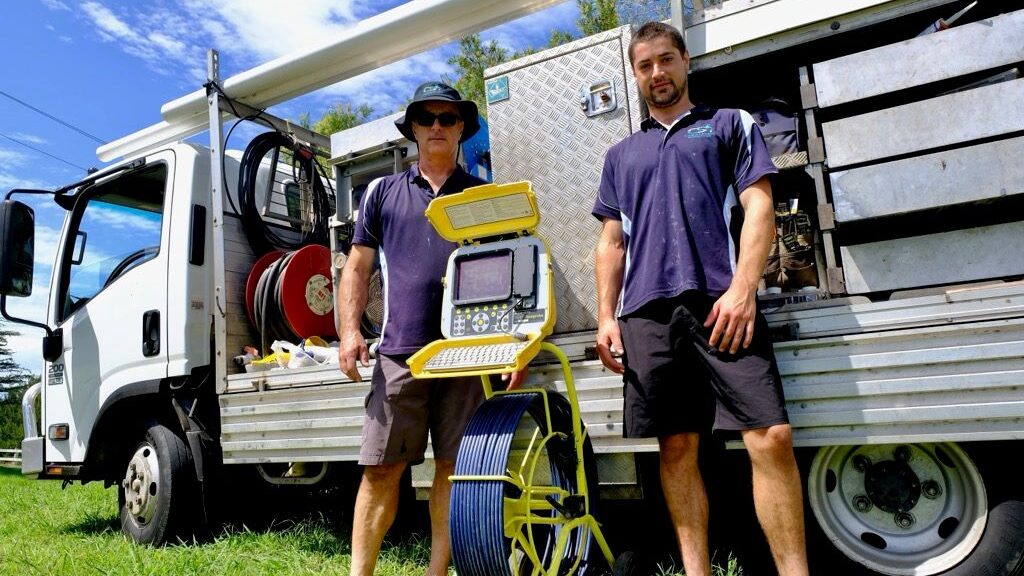Maximizing Hot Water Storage Tank Systems for Optimal Home Efficiency
Storage hot water systems are revered as a reliable and efficient solution for many households in Wollongong, especially for larger families or residences that already incorporate established electric or gas systems.
While cutting-edge technologies like heat pumps and continuous flow units offer enhanced efficiency, well-sized and properly maintained storage tanks can yield impressive results, especially when paired with off-peak electricity or natural gas. The decision regarding which system is best suited for your home depends on various factors, including your energy setup, the space available for installation, and your daily water consumption habits.
Ultimately, the choice will depend on your household dynamics, your specific hot water needs, and the structure of your energy framework.

How Storage Tank Hot Water Systems Operate Efficiently
A storage hot water system functions by heating water within a robust cylindrical tank and maintaining it at a preset temperature for immediate availability. When you turn on the tap, hot water flows directly from the tank. As water is consumed, the system works to replenish the tank and reheats the water to ensure a consistent supply is always at your fingertips. This mechanism ensures that you never have to worry about running out of hot water during your daily routines.
The variety of available tanks is impressive, ranging from compact 50-litre models that fit snugly in smaller spaces to expansive units that exceed 400 litres, perfect for larger families or commercial applications. This diversity allows homeowners to select a system that meets their specific needs while ensuring optimal performance and efficiency.
Why Storage Tank Systems Are Still a Smart Investment for Your Home
- Simple Design for Easy Use. These systems feature a straightforward design, free of complex sensors or intricate electronic components that can fail.
- Reliable Performance for Consistent Hot Water Supply. They thrive in residences with a steady demand for hot water, ensuring that your family’s needs are consistently met.
- Versatile Installation Options for Any Space. Storage tanks can be conveniently installed in various locations—be it indoors or outdoors, and they can be oriented either vertically or horizontally, depending on your space requirements.
- Low Maintenance Requirements for Hassle-Free Ownership. Most replacement parts are inexpensive and easily accessible, making the upkeep of these systems manageable and cost-effective.
In many households throughout Wollongong, especially those with older plumbing configurations or larger families, storage tanks continue to be a dependable and economically viable solution for fulfilling hot water demands.
Choosing Between Gas and Electric Storage Tanks: Key Considerations
Electric Storage Systems
These systems are typically user-friendly and easy to install, making them an excellent choice for homes with a consistent electricity supply. They often operate on off-peak tariffs, which can lead to significant savings on energy costs. Electric systems are particularly advantageous for smaller households or properties that do not have access to gas connections.
Gas Storage Systems
Gas systems provide rapid water reheating capabilities, making them an efficient choice for households with a high demand for hot water. If your residence is already equipped with natural gas, opting for a gas storage tank can be a wise long-term investment, ensuring that your hot water needs are promptly met.
Not sure which option is best for your particular situation?
Our dedicated pages on electric and gas hot water systems offer comprehensive insights into both alternatives, helping you make an informed choice.
Recognizing Common Problems with Older Storage Tank Systems
- Running Out of Hot Water before all family members have had their showers, leading to frustration and inconvenience.
- Increased Energy Bills that arise from insufficient insulation or operational inefficiencies within the system.
- Leaks or Rust appearing around the base of the tank, which can indicate potential system failure and necessitate immediate attention.
- Slow Recovery Time between uses, causing inconvenient delays in accessing hot water.
- Unusual Noises like popping or hissing that occur during the heating cycle, signaling possible issues with the system.
If you identify with any of these issues, it may be time to consider a replacement or, at the very least, schedule a professional inspection to ensure your hot water system is operating correctly.
Deciding Whether to Upgrade or Transition to a New Hot Water System
<pIf your current storage tank shows any of the following signs:
- Exceeds 10 years in age, indicating it may be nearing the end of its useful life.
- Exhibits visible signs of wear or operational inefficiency, which can affect performance.
- Struggles to fulfill your household's hot water needs, causing interruptions in daily routines.
In these instances, it is wise to consider an upgrade.
This could involve investing in a new storage tank that features improved insulation properties, or exploring alternatives like an instantaneous or heat pump system, which may provide enhanced efficiency and performance.
We’re here to help you make the best decision based on your household's energy access, spatial considerations, and overall water usage patterns.
Essential Factors to Consider When Choosing Your Hot Water System
Storage tank systems continue to be relevant, especially for larger homes or setups that lack the necessary infrastructure for more advanced technologies. When properly sized and well-maintained, they offer a straightforward, cost-effective, and efficient solution for hot water needs.
However, they are not universally applicable. As the market grows to include a diverse range of more efficient and adaptable options, consulting with a licensed plumber is crucial. A professional can evaluate your unique requirements and recommend the most appropriate hot water solution tailored to your household.
Are you looking for guidance in selecting or replacing your hot water system? Contact our expert team today for personalized advice and solutions.

Frequently Asked Questions about Gas and Electric Hot Water Systems
Which Type of Hot Water System Is More Economical: Gas or Electric?
Generally, gas hot water systems are known for their lower operational costs, particularly if your home is already connected to natural gas. However, electric systems that utilize off-peak tariffs or are combined with solar power can also provide competitive running costs. Your ultimate choice will depend on your specific usage patterns and the local energy rates in your area.
Which Type of System Heats Water More Quickly: Gas or Electric?
Gas systems typically heat water more rapidly than electric systems, making them especially advantageous for larger families or homes that have high-demand appliances. Although electric systems might exhibit slower recovery times, continuous advancements in technology are leading to improved efficiency and performance.
Are Gas Hot Water Systems More Suitable for Large Families?
Yes, gas storage or instantaneous systems are often better suited for larger households where multiple individuals may require hot water simultaneously. Their rapid reheating capabilities allow them to comfortably meet high usage demands without quickly depleting the hot water supply.
Can You Install a Gas Hot Water System Without a Gas Connection?
Yes, it is possible to install a gas system, but you will need to use LPG (bottled gas) instead of mains natural gas. This scenario is common in rural or semi-urban areas of the Illawarra. Be aware that the costs associated with LPG can be higher, and you will need to manage delivery logistics.
Are Electric Hot Water Systems Still a Viable Option?
Absolutely! Electric systems are user-friendly, cost-effective, and widely available. They are particularly suitable for smaller homes, apartments, or properties lacking gas infrastructure. When paired with solar PV systems or utilized during off-peak rates, they can achieve impressive efficiency levels.
Which Type of System Has a Longer Lifespan: Gas or Electric?
Both types of systems generally have comparable lifespans, typically ranging from 8 to 15 years. This can depend on factors such as brand, usage habits, and water quality. Regular maintenance is essential; components like anodes, valves, and thermostats should be evaluated periodically to maximize the system's longevity.
Which Option Is More Environmentally Friendly?
Electric systems that are paired with solar power or heat pumps typically exhibit the lowest carbon footprint. While gas systems are cleaner than electricity generated from coal, they still produce carbon emissions. If sustainability is a priority for you, consider opting for modern electric systems or those supported by solar energy.
Are Storage Tank Hot Water Systems Still a Good Choice in Wollongong?
The Article: Storage Tank Hot Water Systems: A Smart Choice for Wollongong first appeared on https://writebuff.com





Comments are closed